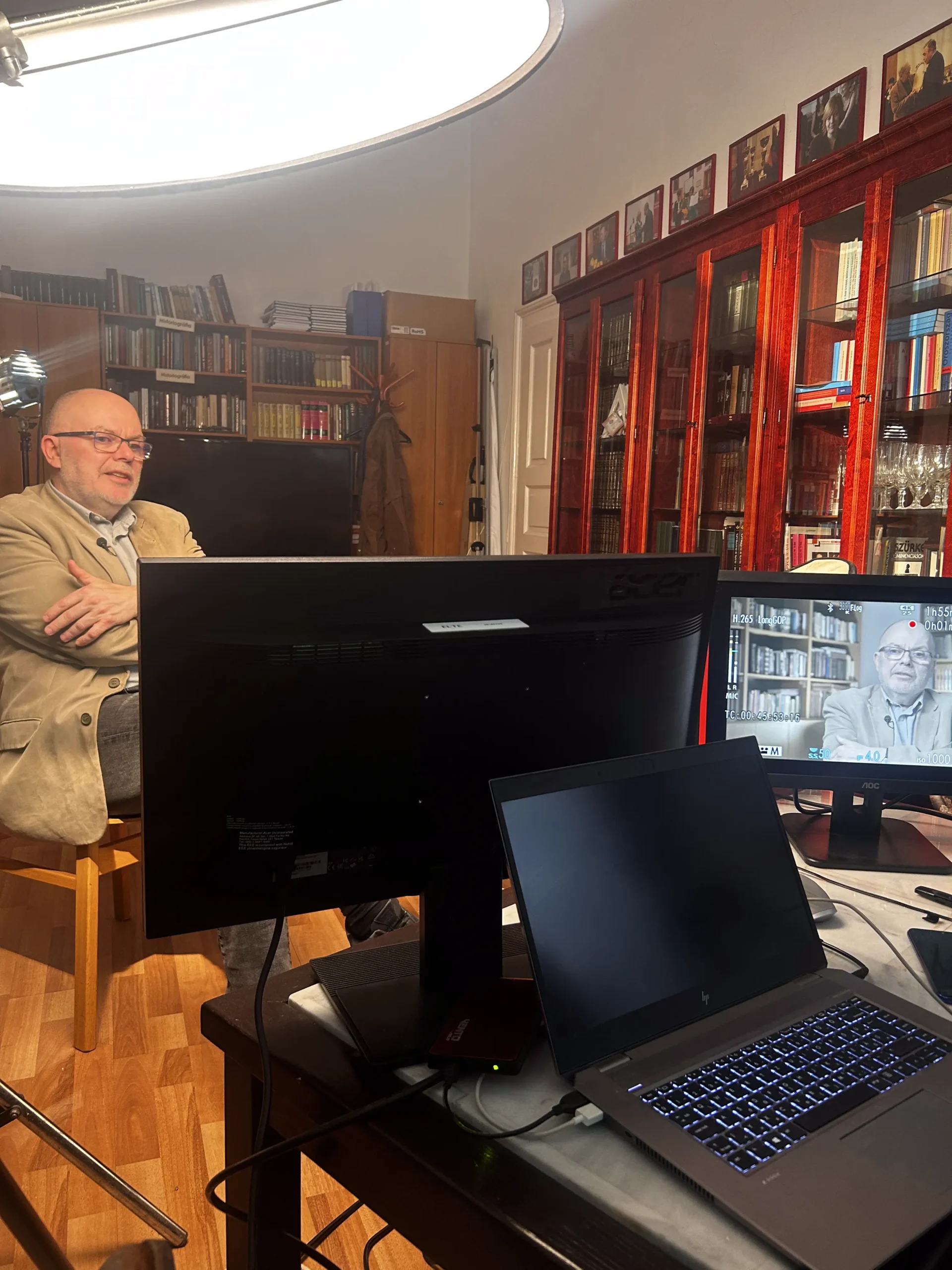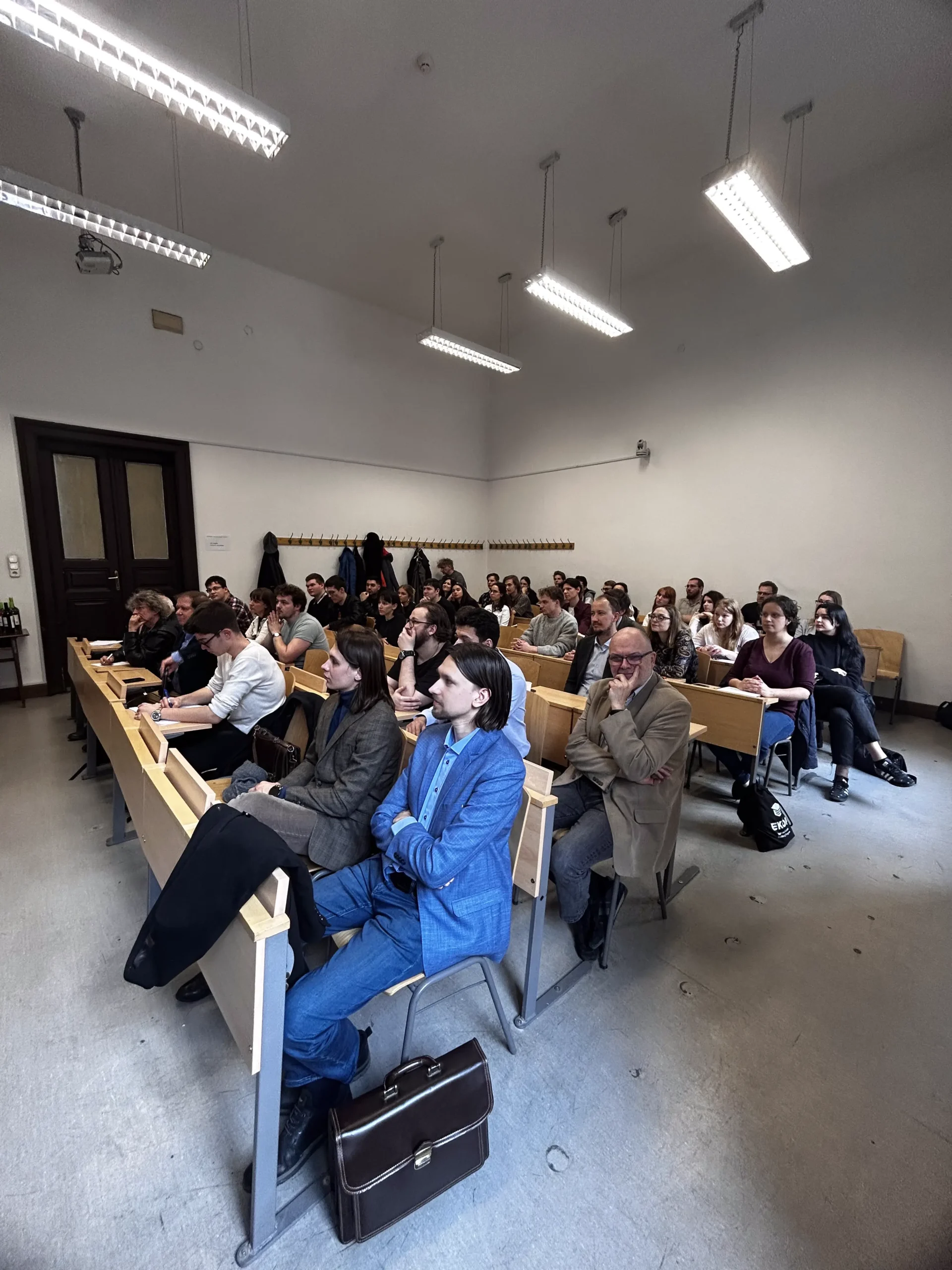Crisis of 1938 – Memorial in Dolní Podluží
Fact of the Czech figure „Munich Agreement”
Part of the „The myth of national disaster” topic
Czechoslovak citizens of German nationality never accepted the fact that they lived in a state that had declared itself to be a state of Czechoslovaks. In the 1930s, the majority of them began to look for a way out by supporting the fascist Sudeten German Party (SGP). Germany was seeking to present itself as the protector of the Sudeten Germans, while Czechoslovakia grew increasingly concerned about the potential for intervention by a German neighbour.
In the weeks following the German annexation of Austria in March 1938, the SGP, in collusion with Hitler, undermined negotiations with the government. The situation escalated in September when armed supporters of the SGP launched an uprising and attacked police officers and Czech and Jew civilians in the border areas. The uprising was put down, but it was expected to be only a prelude to a German attack.
On 23 September, the government declared a general mobilisation. The Czechoslovaks welcomed this with enthusiasm, as they were eager to defend their homeland against the German invasion. However, due to the Munich Agreement, the Czechoslovak army was not given the opportunity to defend itself.





